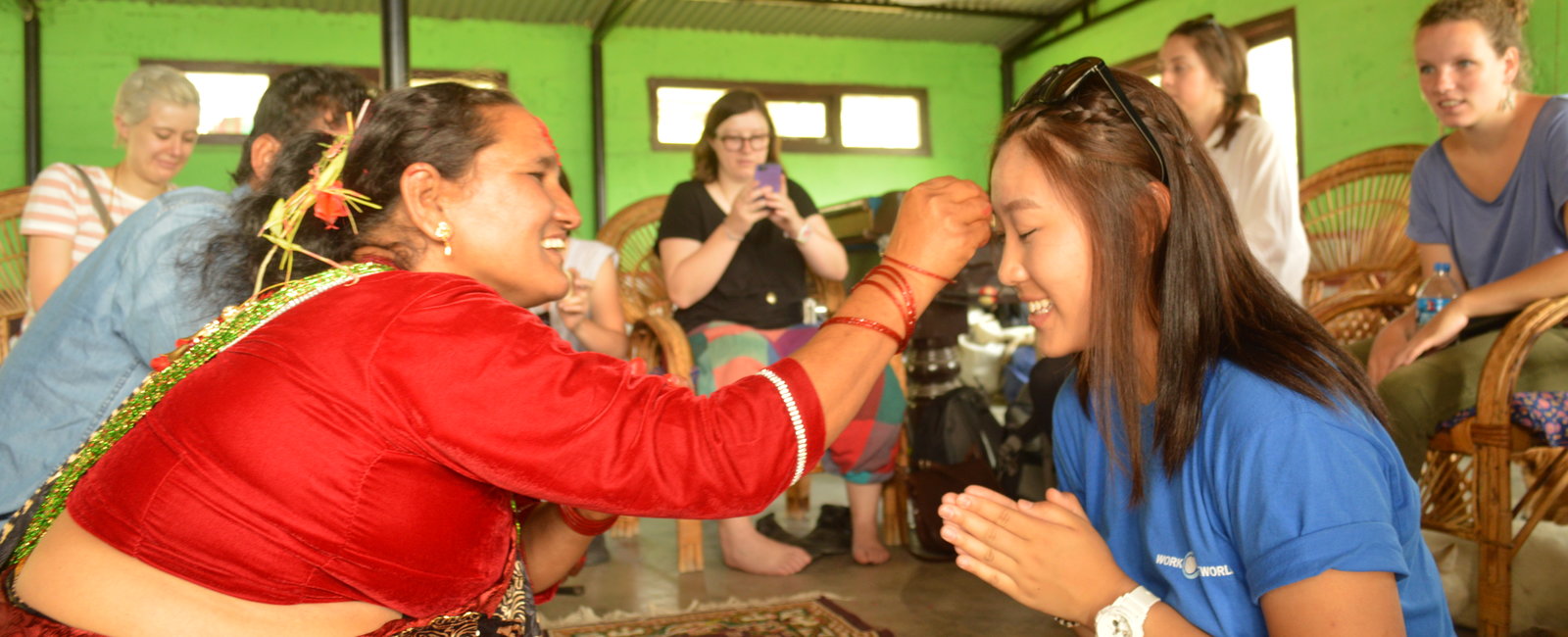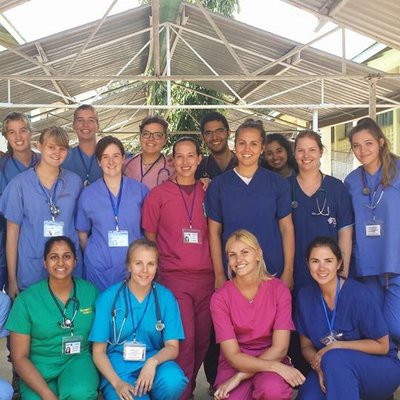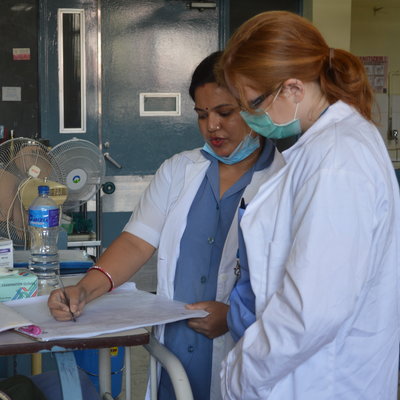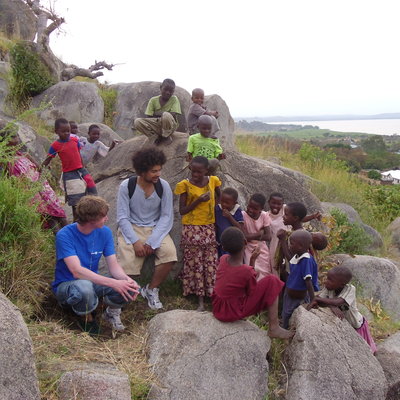Two hundred ninety-five thousand women lost their lives due to pregnancy and childbirth in 2017.
Most of these deaths happened in low-income countries and low-resource settings. And what’s even more concerning is that most of these deaths could have been prevented.
According to a new study, two-thirds of maternal deaths, newborn deaths and stillbirths could be prevented by 2035 “if the current level of care by professional midwives educated and regulated to international standards was scaled up to provide universal access”. Quality midwifery care is vital in preventing mother and infant mortality as well as stillbirths. What's more, it has been shown to improve over 50 other health-related outcomes. This includes sexual health, malaria, HIV, obesity, postpartum depression, and other conditions that continue to be an issue both locally and abroad.
And what is the outcome for those midwives who don’t currently have access to these educational and regulatory standards?
Midwives go unnoticed in Ghana
Maternal mortality numbers are exceptionally high in Ghana.
Midwives face several challenges, and research has shown that these challenges play a massive part in the level of women-centred care they can provide.
Of course, the need for more resources, bed space and equipment are barriers to providing maternity care in Ghana.
“The most obvious difference was how the lack of resources affected clinical care. For example, there was only one sonicaid in the whole of the maternity unit.
Women also had to bring with them everything they needed for their stay (sheets, antiseptic, food and drink). And no pain relief was offered in labour.” – Clare, midwifery placement in Takoradi, Ghana.
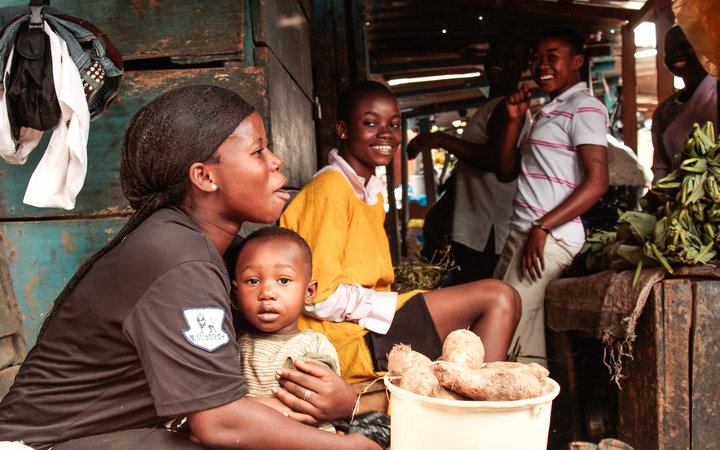
But, a shortage of midwifery staff is another factor in the high maternal mortality numbers, especially in rural areas.
Not only do the more rural regions of Ghana need more accommodation and transport options, but Ghanaian midwives also report a lack of incentive to travel the distance to work in these areas.
Compared with the opportunities available in the NHS, midwives working in the more rural parts of Ghana receive little to no reward or incentives regarding career progression and training opportunities.
Pair the lack of training opportunities with the increasing number of Ghanaian midwives believing their roles in the healthcare system go unrecognised – many are left feeling unnoticed and highly unmotivated.
There are minimal resources, minimal financeS and stretched staff in Ghana...
“The most memorable cases were emergency cases. However, in Ghana, they are not treated like emergencies at home. There are minimal resources, finance and stretched staff in Ghana and therefore no urgency.” – Megan, midwifery placement in Takoradi, Ghana.
And that’s not all.
Other studies have also highlighted that there could be another problem for midwives. Because they have to deal with such high levels of maternal and newborn mortality daily, it might not be surprising to find this affects local midwives’ mental health and, ultimately, their performance as midwives.
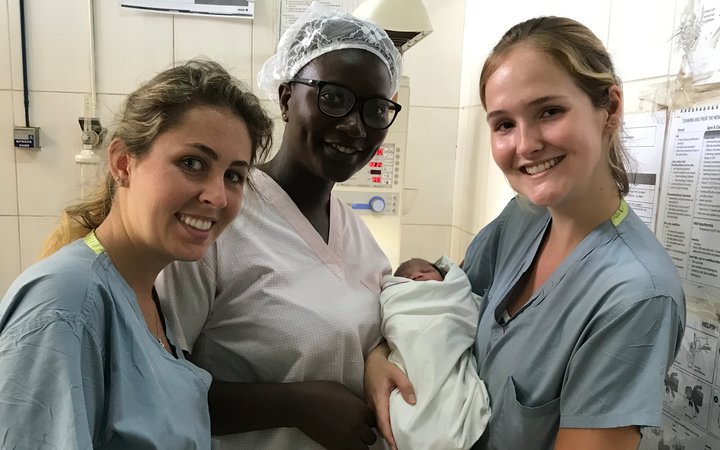
Tackling maternal mortality
According to WHO, more work must be done to invest in midwife-led interventions.
Their research says that improving universal access to educational and regulatory global standards for midwives can help reduce maternal mortality.
Investing and increasing midwife-delivered practices across the globe, like family planning, diabetes management, assisted delivery and breastfeeding support, is critical.
This has the potential to prevent up to 67% of maternal deaths and 64% of newborn deaths.
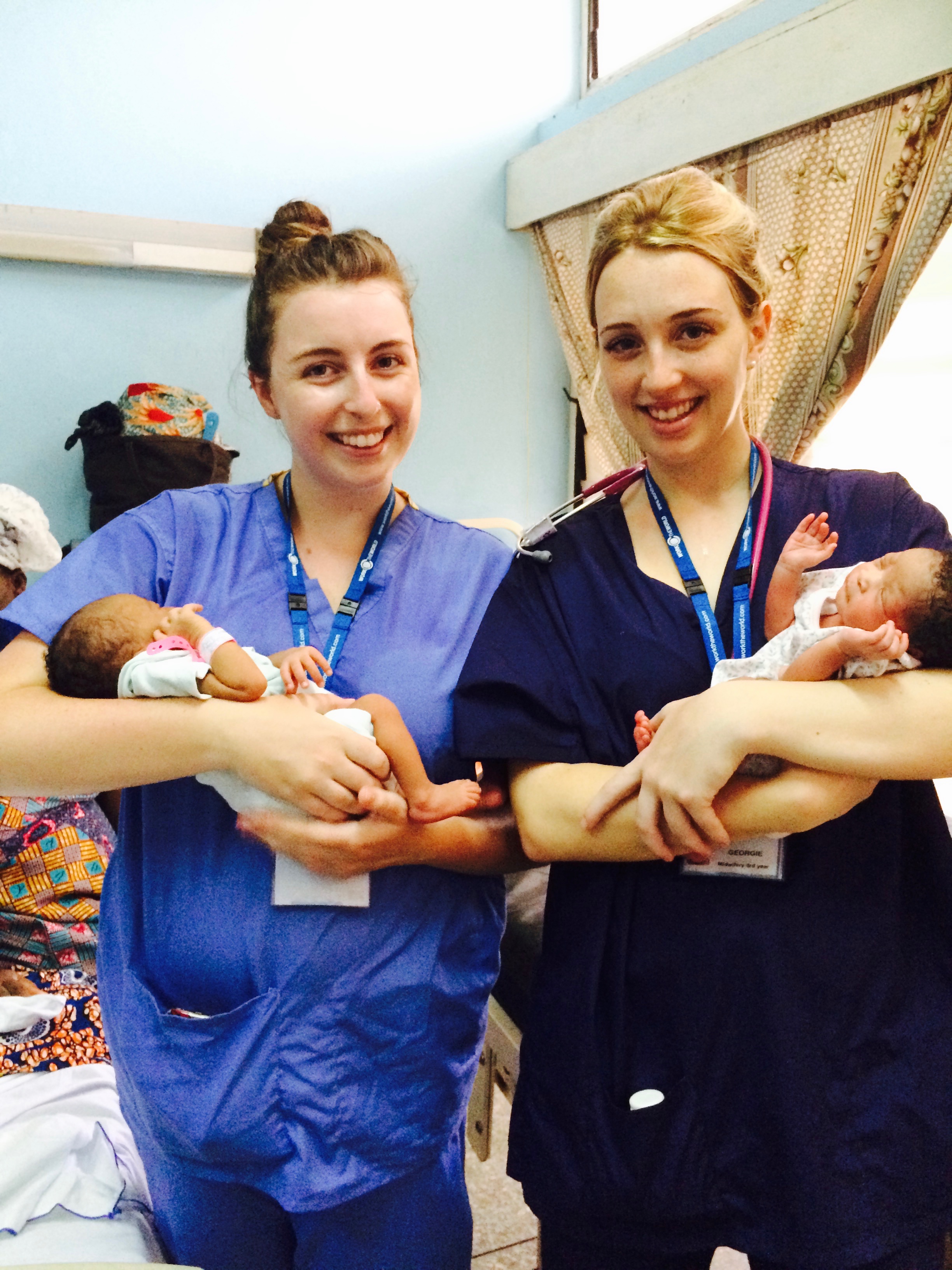
Why should this matter to you as a midwifery student?
By undertaking a placement overseas and experiencing a contrasting environment, like those in Ghana, you’ll build your knowledge and skills while challenging your perceptions of midwifery.
Gaining firsthand experience of how global health inequities can impact midwifery care will help you develop your personal and professional skills.
And no doubt you’ll come to appreciate the importance of yearly skills updates provided by the NHS and feel privileged to have career opportunities available to you.
it has made me forever grateful for the evidence-based practice in the UK...
“Midwifery in Ghana is very different from the UK, and practices are such a contrast. Although this can be difficult to experience at times, it has made me forever grateful for the evidence-based practice we have in the UK, and it has also made me aware of how much I have learnt and how much I know through the training I have received.” – Eleanor, midwifery placement in Takoradi, Ghana.
To learn more about our overseas placements and how we can tailor your experience to suit your clinical skills and interests, please contact us via the enquiry form.

Start your journey
Want to experience a life-changing overseas placement? Choose a destination to get started.
Want to experience a life-changing overseas placement? Choose a destination to get started.
